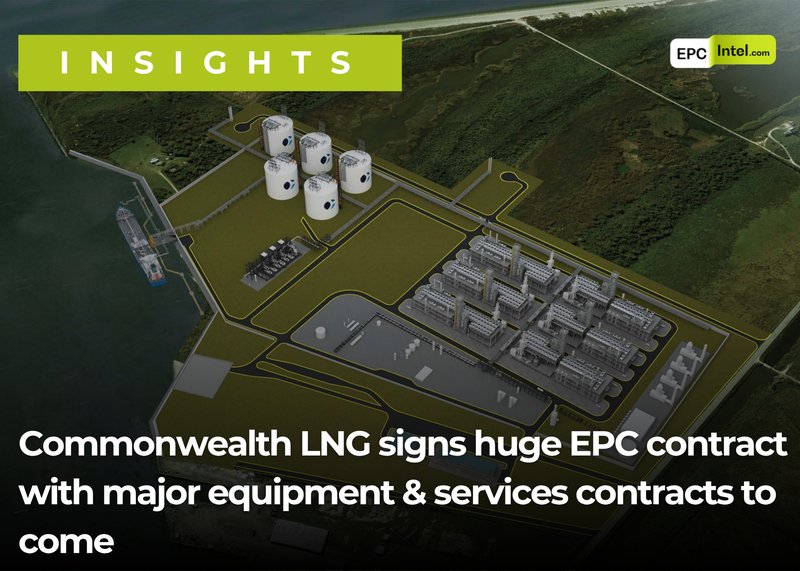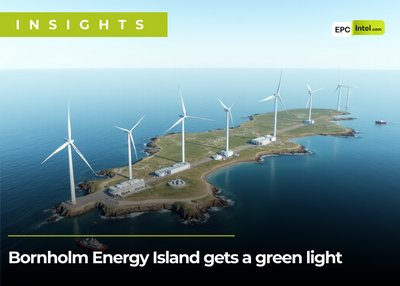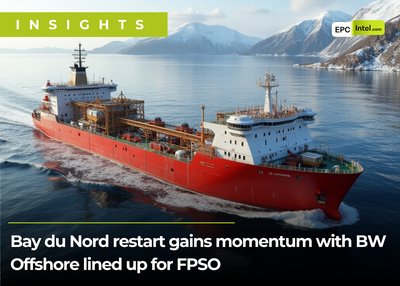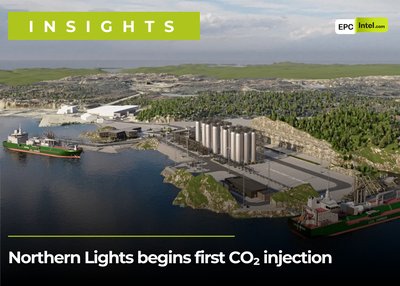Technip Energies’ lump sum turnkey contract covers the complete scope, including six liquefaction trains, two LNG storage tanks, marine facilities, and all supporting infrastructure. This is easily a multibillion-dollar project, and suppliers and subcontractors across the LNG value chain will be eyeing their share.
Key equipment packages in play
After years of preparation, financing hurdles, and shifting LNG market dynamics, Commonwealth LNG is moving ahead, and that means a wave of procurement opportunities is now on deck.
Commonwealth LNG is aiming for speed and efficiency through modular execution, which means long-lead equipment orders will hit the market quickly. Several major packages are expected to be awarded before the end of 2025, with turbine and compressor supply likely at the front of the queue.
-
Turbines and Compressors: Baker Hughes is the frontrunner for this contract. In 2023, they signed a collaboration agreement with Commonwealth LNG, positioning themselves to supply the gas turbines and centrifugal compressors for the project. For six liquefaction trains, the total value of this equipment could exceed $500 million. Baker Hughes is expected to deliver LM6000 or LM2500 turbines along with their proprietary compressor trains.
-
Heat Exchangers: The massive coil-wound heat exchangers (CWHEs) that form the heart of each LNG train are typically supplied by Air Products, and they are likely to win this package as well. These units are valued at roughly $30 to $40 million each, making this a $180 to $240 million opportunity for Air Products or a competitor if the project chooses to diversify.
-
Modular Fabrication: Commonwealth LNG’s design relies heavily on prefabricated modules, which will be built offsite and shipped to Louisiana for installation. This strategy reduces onsite labor and accelerates construction but also creates large opportunities for module fabricators. Yards in the Gulf Coast, Mexico, and Asia are likely to compete, with the total modular fabrication scope potentially worth $1 billion or more.
-
Storage Tanks: The project includes two 40,000-cbm full containment LNG tanks. This contract will likely go to a specialist tank contractor, such as CB&I or VINCI. Each tank could carry a price tag of $150 million, including civil works, steel, cryogenic materials, and insulation.
-
Electrical, Instrumentation, and Controls: Subcontracting for E&I services will follow the major equipment awards, with firms specializing in industrial automation, cabling, and control systems expected to bid. This scope may be worth upwards of $100 million across the site.
-
Civil and Marine Works: Heavy civil works, including piling, foundations, drainage, and marine facilities such as jetties and loading arms, are also coming to market. Contractors with experience in Gulf Coast LNG projects, such as Cajun Industries or Saulsbury, could be well positioned here.
Project timeline & procurement outlook
Commonwealth LNG plans to begin major construction in 2026 with first LNG targeted by 2028. This tight schedule puts pressure on Technip Energies and its supply chain to secure long-lead equipment and fabrication slots quickly. Turbine and compressor orders could be finalized before year-end, with module contracts and site works packages awarded in early 2026.
The broader LNG market has been heating up, but not all projects have moved as fast as promised. Commonwealth LNG has now crossed a critical line by locking in its EPC partner and securing financing for early works. With Baker Hughes already aligned and Technip Energies now in execution mode, the procurement engine is running.
For suppliers, this is a rare chance to work with a new entrant in the LNG space. Commonwealth LNG may be smaller than some of its Gulf Coast competitors, but it offers a fresh project with less crowded supplier rosters. EPCIntel.com’s contract database shows that LNG project awards in the US have totaled over $265 billion since 2022, and Commonwealth LNG is set to push that number even higher.




